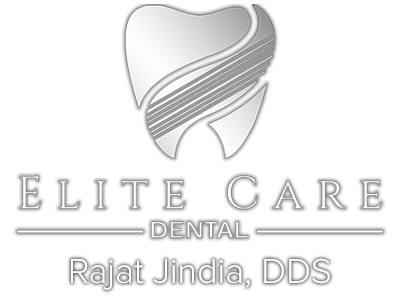Laser Surgery: A Great Option for Dental Care
In the early 1990s, dentists began offering laser dentistry to their patients, allowing them to provide a higher standard of modern dental care. Let’s take a closer look at how this specialized technology can benefit dental patients.
Dental Laser Surgery Procedures
Dental laser surgery is primarily used to address issues with soft tissue within the mouth, including:
Mouth Ulcers: Lasers can stimulate blood flow and reduce swelling, helping ulcers to heal quickly.
Biopsies: Lasers offer a safe, non-invasive and precise way to biopsy tissue areas in the mouth that require examination.
Frenectomies: A frenectomy treats conditions like “tongue tie” or “lip tie”. Patients with these conditions have extra connecting tissue that limits the movement of the tongue or lips, potentially causing trouble with speech or breastfeeding. With laser surgery, patients avoid the pain of traditional treatments and recovery time is minimal.
Gingivectomies: With this procedure, the dentist removes gum tissue from the gumline, usually to treat gingivitis (gum disease) or hyperplasia (gum enlargement). Some cosmetic dentists also offer gingivectomies to improve the look of the gumline. A laser gingivectomy minimizes discomfort and promotes healing.
Implant Uncovering: After a dental surgeon places an initial tooth implant, the body is allowed to temporarily heal the incision to avoid infection until the implant has stabilized. A few months later, a dentist will use a laser to prepare the tissue for the crown that they will attach to the implant.
Operculectomies: An operculectomy involves removing inflammation-prone tissue flaps from teeth that are going to erupt. It’s a very common procedure for patients dealing with wisdom teeth.
Sulcular Debridement: This procedure is performed to remove diseased gum tissue, or periodontal pockets that form along the gumline.
Laser Surgery Advantages
While traditional methods can be used to address soft tissue concerns, dental lasers provide many advantages. Laser surgery is typically more precise, more comfortable and less invasive than traditional methods. Patients heal faster, require less anesthetic and have a lower likelihood of postoperative infection.
If you’re considering a dental laser procedure, contact Dr. Jindia to discuss your options.

